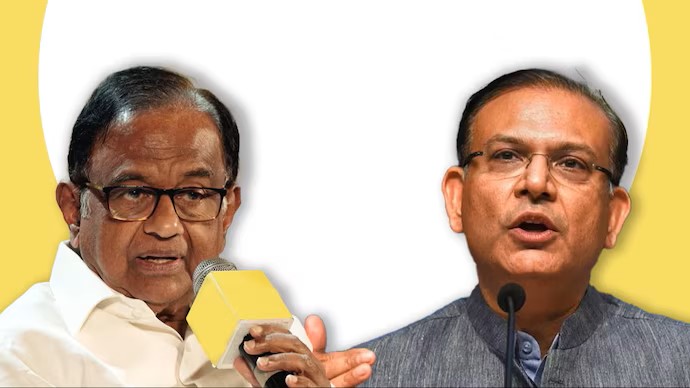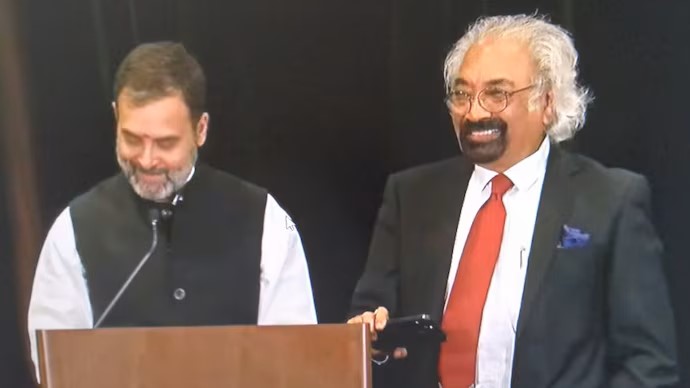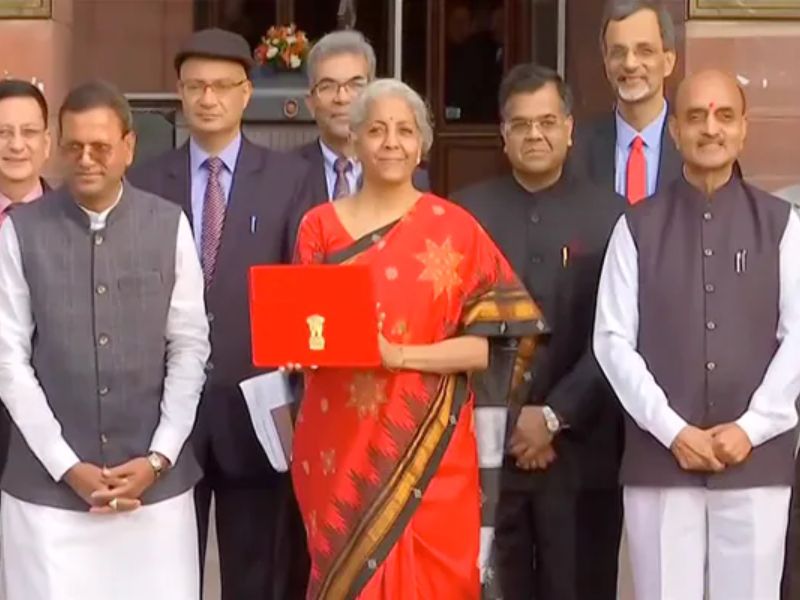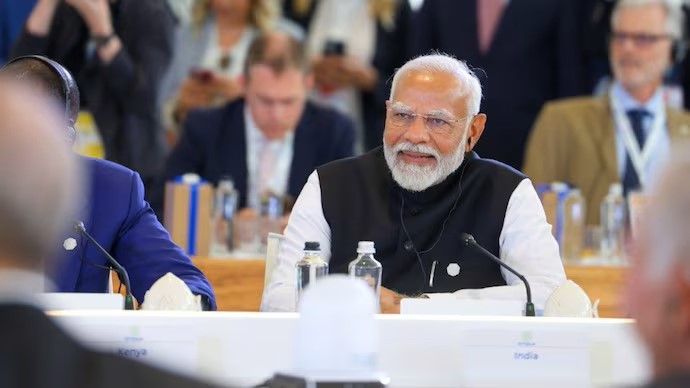A political debate has arisen over Sam Pitroda’s remarks advocating for a “US-like inheritance tax” in India. However, the idea of an inheritance tax is not new to India, as both the Congress and the BJP have considered reintroducing the concept in the past.
 “The Congress has no plan to introduce an inheritance tax. Rajiv Gandhi abolished estate duty in 1985,” Congress leader Jairam Ramesh tweeted to calm the political storm following Sam Pitroda’s suggestion for a US-style inheritance tax in India.
“The Congress has no plan to introduce an inheritance tax. Rajiv Gandhi abolished estate duty in 1985,” Congress leader Jairam Ramesh tweeted to calm the political storm following Sam Pitroda’s suggestion for a US-style inheritance tax in India.
India had an estate tax, known as the death tax in some countries, from 1953 to 1985. The tax was introduced under the Estate Duty Act to tackle economic inequality by taxing the transfer of wealth upon death. However, the tax was unpopular due to its high rates, reaching 85% on properties valued over Rs 20 lakh.
Several factors led to the abolition of the tax in 1985, including the complexity of the law, disputes over property valuation, and high administrative costs. In 1984-85, tax collected under the Estate Duty Act amounted to only Rs 20 crore, while collection costs were substantial.
Since then, the idea of reinstating an inheritance tax has been proposed by leaders from both the Congress and BJP. Former finance minister P. Chidambaram supported inheritance tax between 2011-2013 to raise resources and improve the tax-to-GDP ratio. Similarly, former Minister of State for Finance Jayant Sinha backed the idea during the first term of the NDA government.
Despite these proposals, the reintroduction of an inheritance tax has faced resistance from various sectors, including some Cabinet members and stakeholders. Concerns about the economic impact and potential public backlash have prevented its inclusion in subsequent budgets.




